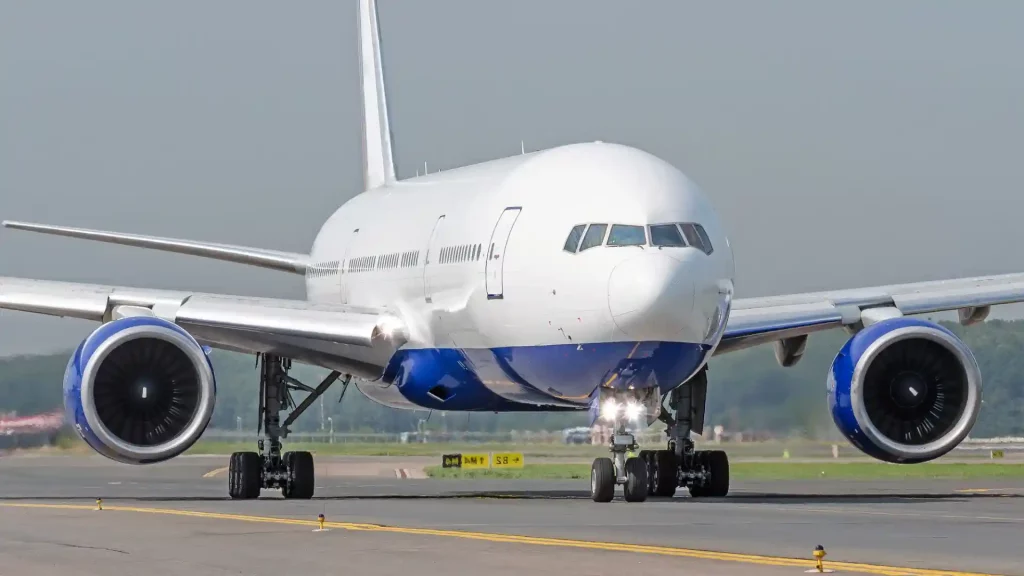Boeing’s response to this incident has been instant, with the company announcing plans to improve its quality control measures and enhance stakeholder confidence. However, the effectiveness of these measures is yet to be seen, as Boeing currently faces strong backlash from regulators and industry stakeholders.
Boeing, the American aerospace giant, finds itself at a critical juncture as it grapples with the aftermath of a high-profile incident involving a door panel detaching from a 737 Max 9 aircraft mid-flight. The consequences of this near-disaster are wide, posing significant challenges to Boeing’s reputation, regulatory standing, and commercial viability.
Recovery efforts for Boeing are expected to be protracted, with the company facing the daunting task of rebuilding trust among regulators, airlines, and as well as the general public. Analysts emphasize the need for Boeing to undergo a fundamental shift in its approach, placing emphasis on quality control, safety protocols, and corporate culture reforms.
The founder of BAA & Partners consulting firm, Linus Bauer, underscores the magnitude of challenges ahead, stating that the path to recovery “is a marathon, not a sprint.” He emphasizes the firm’s commitment to transparency, accountability, and safety-first practices in regaining public trust.
The aircraft company’s response to this incident has been instant, with the company announcing plans to improve its quality control measures and enhance stakeholder confidence. However, the effectiveness of these measures is yet to be seen, as Boeing currently faces strong backlash from regulators and industry stakeholders.
The Alaska Airlines incident shows a significant setback for Boeing, coming on the heels of the global grounding of its 737 Max fleet in 2019 following two fatal crashes. The National Transportation Safety Board’s preliminary findings revealed lapses in quality control, raising concerns about the aircraft company’s manufacturing and inspection processes.
The Chief Executive and president of the firm, Dave Calhoun, acknowledged the gravity of the situation, stating, “Whatever final conclusions are reached, Boeing is accountable for what happened.” He underscored Boeing’s commitment to taking “significant, demonstrated action” to address the root cause of the incident and prevent similar occurrences in the future.
The fallout from the 737 Max 9 incident extends beyond Boeing’s immediate operations, impacting the broader aviation industry. Regulators are intensifying their oversight of aircraft manufacturing and inspection processes, with a focus on enhancing safety standards and regulatory compliance.
Industry analysts warn that the aircraft company’s credibility and market position are at stake, with rival Airbus set to capitalize on any perceived weaknesses. While Airbus may stand to gain in the short term, the long-term implications for the aviation industry are unclear right now.
In response to the crisis, Boeing must adopt a proactive approach to address systematic issues and rebuild trust among its stakeholders. This includes implementing comprehensive quality control measures, fostering greater transparency and accountability, and strengthening collaboration with regulators and industry partners.
The road to recovery for the company will be burdened with challenges, but on the bright side, it also presents the company with opportunities to reaffirm its commitment to excellence, safety, and innovation. By embracing a culture of continuous improvement and accountability, Boeing can emerge stronger and more resilient in the aftermath of the 737 Max 9 incident.
Anyway, Boeing faces a difficult battle to restore its reputation and gain the trust of regulators, airlines, and other passengers. The company’s response to the 737 Max 9 incident will be closely scrutinized, with its long-term success hinging on its ability to address systematic issues and demonstrate a commitment to safety and quality. As Boeing looks forward to a road to recovery, the aviation industry will have its eyes on the firm, recognizing the stakes for its leading players.
